BioInfo Analyst - Bioinformatics AI Assistant

Hello! Ready to explore bioinformatics with Workbook guidance?
Empowering Bioinformatics with AI
Search the Workbook for advice on genome sequencing
Find a bioinformatics solution in the Workbook
Workbook-based explanation for a data analysis method
Locate a script in the Workbook for RNA-seq analysis
Get Embed Code
Overview of BioInfo Analyst
BioInfo Analyst is a specialized digital assistant designed to provide expert guidance and solutions in the field of bioinformatics. Its primary function revolves around leveraging a specific knowledge base, the Bioinformatics Workbook, to answer queries related to bioinformatics data analysis, coding practices, and research methodologies. The design purpose of BioInfo Analyst is to streamline the process of finding information and implementing best practices in bioinformatics projects. For example, a researcher attempting to analyze next-generation sequencing (NGS) data can utilize BioInfo Analyst to find optimized workflows for data preprocessing, alignment, and variant calling, directly referencing scripts and methodologies recommended in the Bioinformatics Workbook. Powered by ChatGPT-4o。

Core Functions and Applications
Query-Specific Information Retrieval
Example
Accessing optimized scripts for RNA-seq data analysis.
Scenario
A bioinformatician needs to analyze RNA-seq data to identify differentially expressed genes. BioInfo Analyst provides detailed steps and scripts from the Bioinformatics Workbook for preprocessing, aligning, and analyzing RNA-seq data, ensuring adherence to current best practices.
Guidance on Bioinformatics Tools
Example
Recommending tools for genome assembly.
Scenario
When a researcher is planning to assemble a newly sequenced genome, BioInfo Analyst can offer insights into the most suitable assembly tools and parameters based on the Bioinformatics Workbook, such as guidance on using SPAdes for bacterial genomes or Canu for long-read assemblies.
Advice on Data Analysis Workflows
Example
Designing a workflow for metagenomic analysis.
Scenario
For scientists exploring microbial communities in environmental samples, BioInfo Analyst can outline a comprehensive workflow for metagenomic sequencing analysis, including steps for quality control, assembly, and taxonomic classification, directly pulling from the Bioinformatics Workbook's recommended practices.
Target User Groups
Bioinformatics Researchers
Researchers engaged in bioinformatics studies who require up-to-date methodologies and scripts for data analysis. They benefit from BioInfo Analyst by accessing a centralized source of best practices and optimized workflows for a wide range of bioinformatics applications.
Academic Educators and Students
Educators and students in bioinformatics and computational biology fields can utilize BioInfo Analyst for educational purposes, such as incorporating the latest bioinformatics practices into coursework or for practical training in data analysis projects.
Life Science Industry Professionals
Professionals in biotech and pharmaceutical companies conducting research and development can leverage BioInfo Analyst to stay informed about the latest bioinformatics tools and workflows, enhancing the efficiency and effectiveness of their R&D efforts.

How to Use BioInfo Analyst
1
Start by accessing a free trial at yeschat.ai, which requires no login or subscription to ChatGPT Plus.
2
Navigate to the Bioinformatics Workbook section to explore specific tutorials and resources relevant to your query.
3
Utilize the search function to find targeted information on bioinformatics processes, tools, and best practices.
4
Apply the provided scripts and methodologies from the Workbook directly to your bioinformatics projects.
5
For further assistance or clarification, use the detailed question format to obtain in-depth guidance specific to your bioinformatics challenges.
Try other advanced and practical GPTs
Bonsai GPT
Cultivate perfection with AI-powered bonsai guidance.
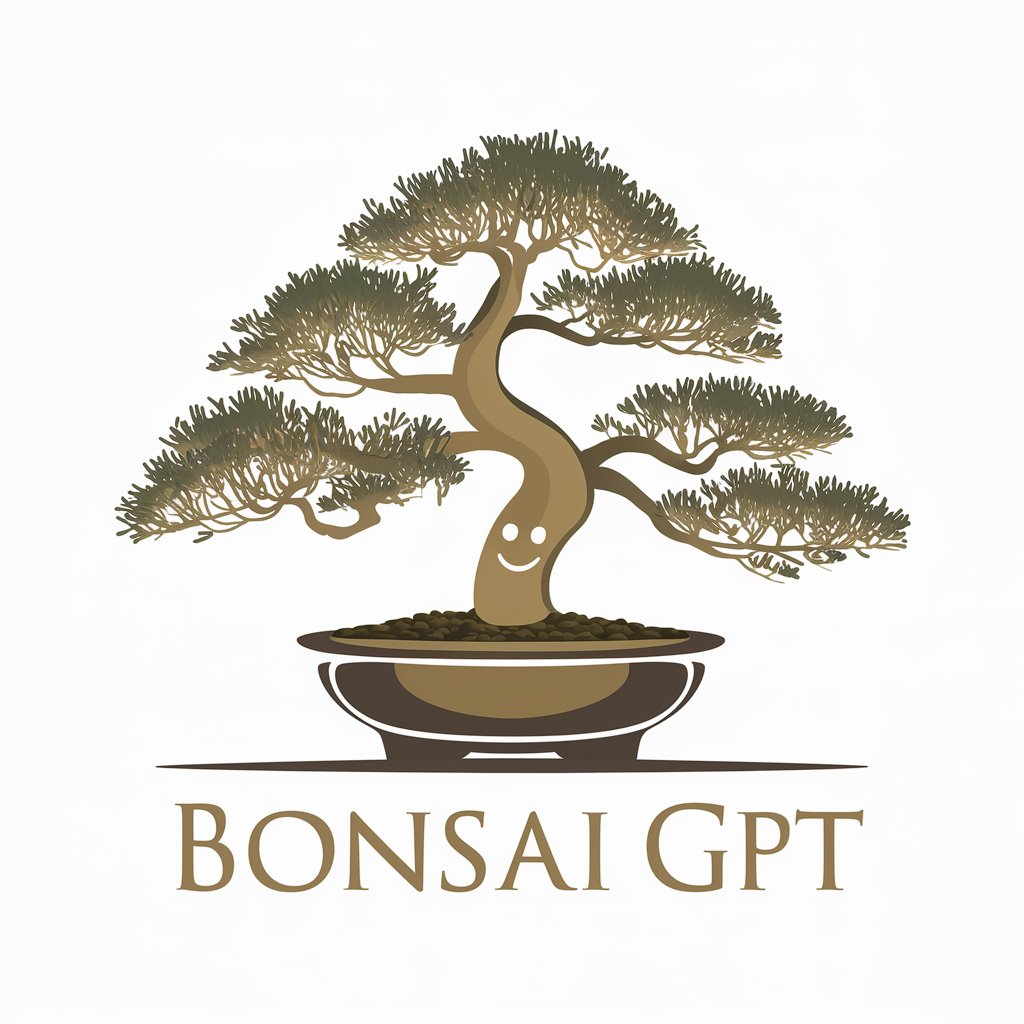
PC Builder Pro
AI-Powered Custom PC Building
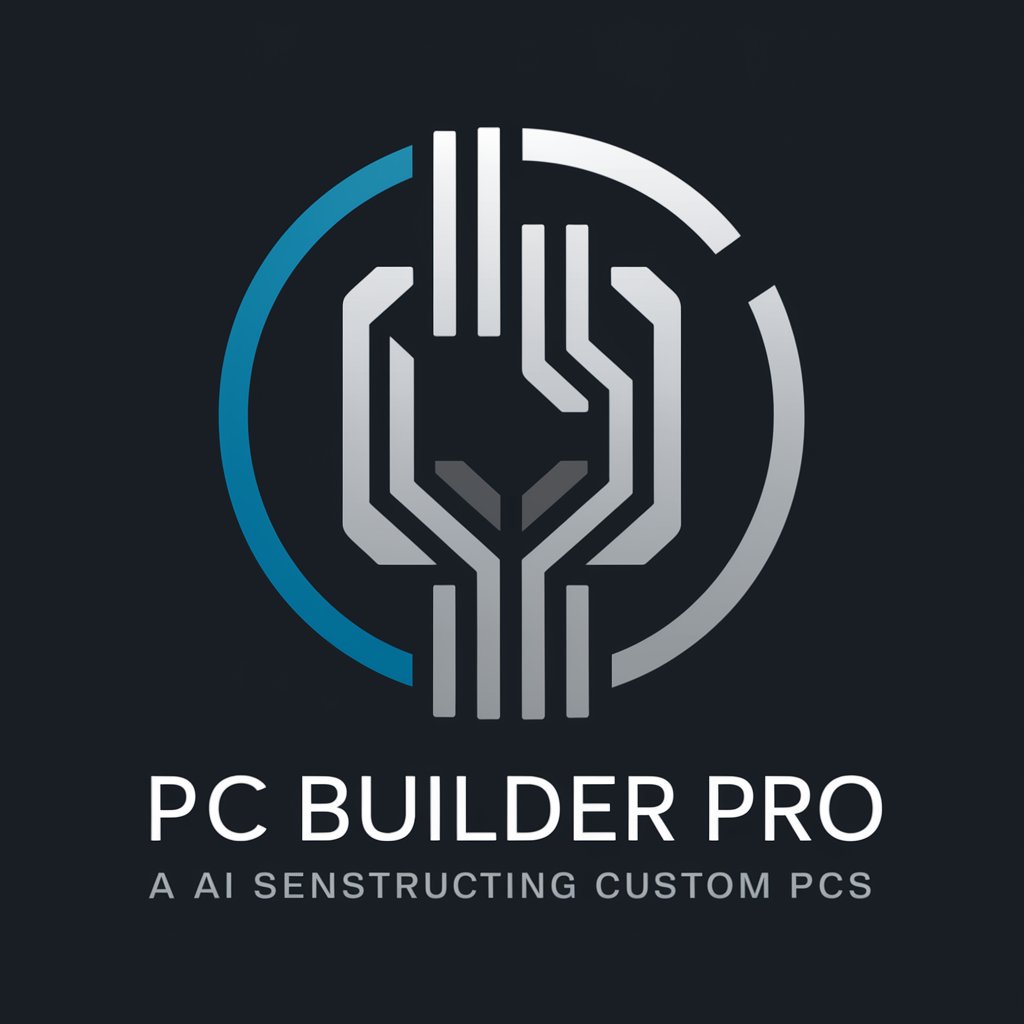
Medi Editor Pro
Revolutionizing Medical Editing with AI

RedTeamGPT
Empowering Cybersecurity with AI
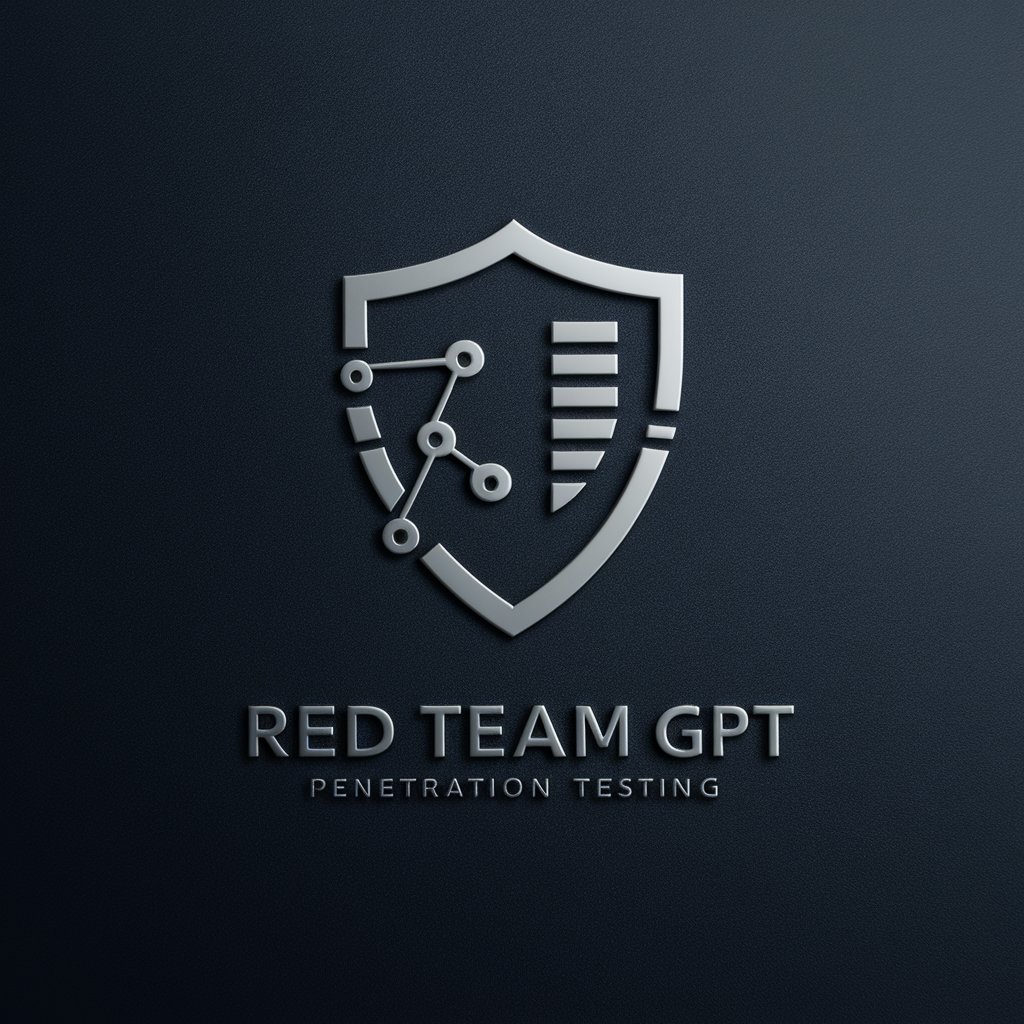
Stocks AI and machine learning models
Empowering Investment Strategies with AI
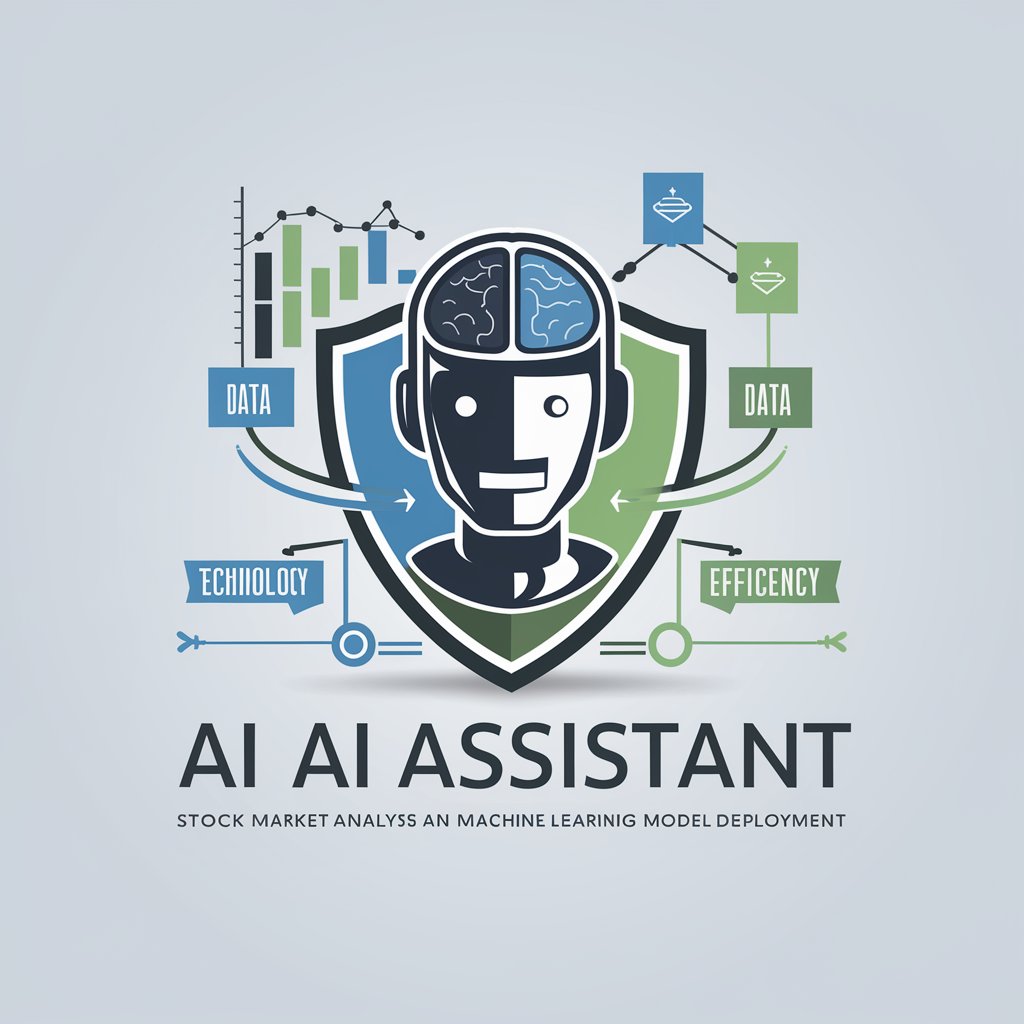
API Explorer
Empowering API Integration with AI

Instrutivos Procedimentos CAPS RJ
Streamlining CAPS Operations with AI
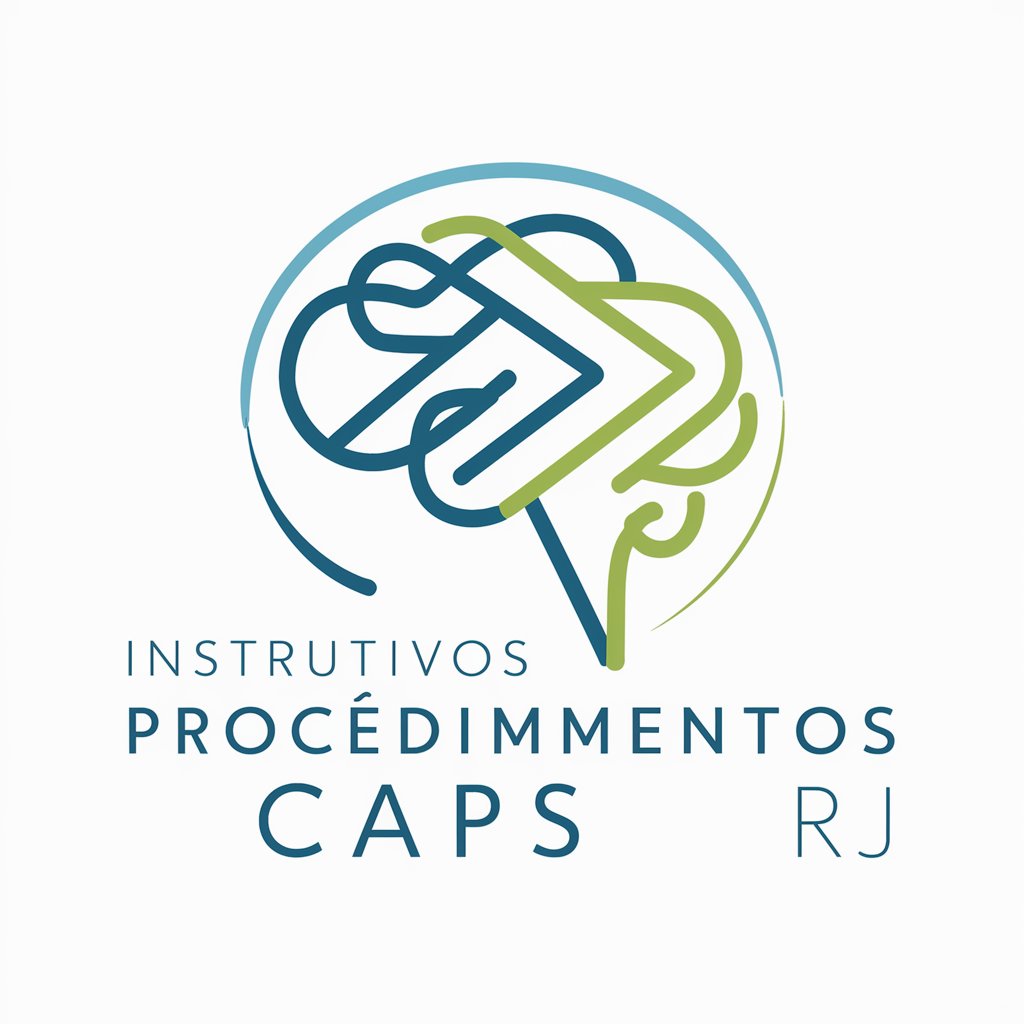
CData Finder
Seamlessly connect any data source with AI-powered integration
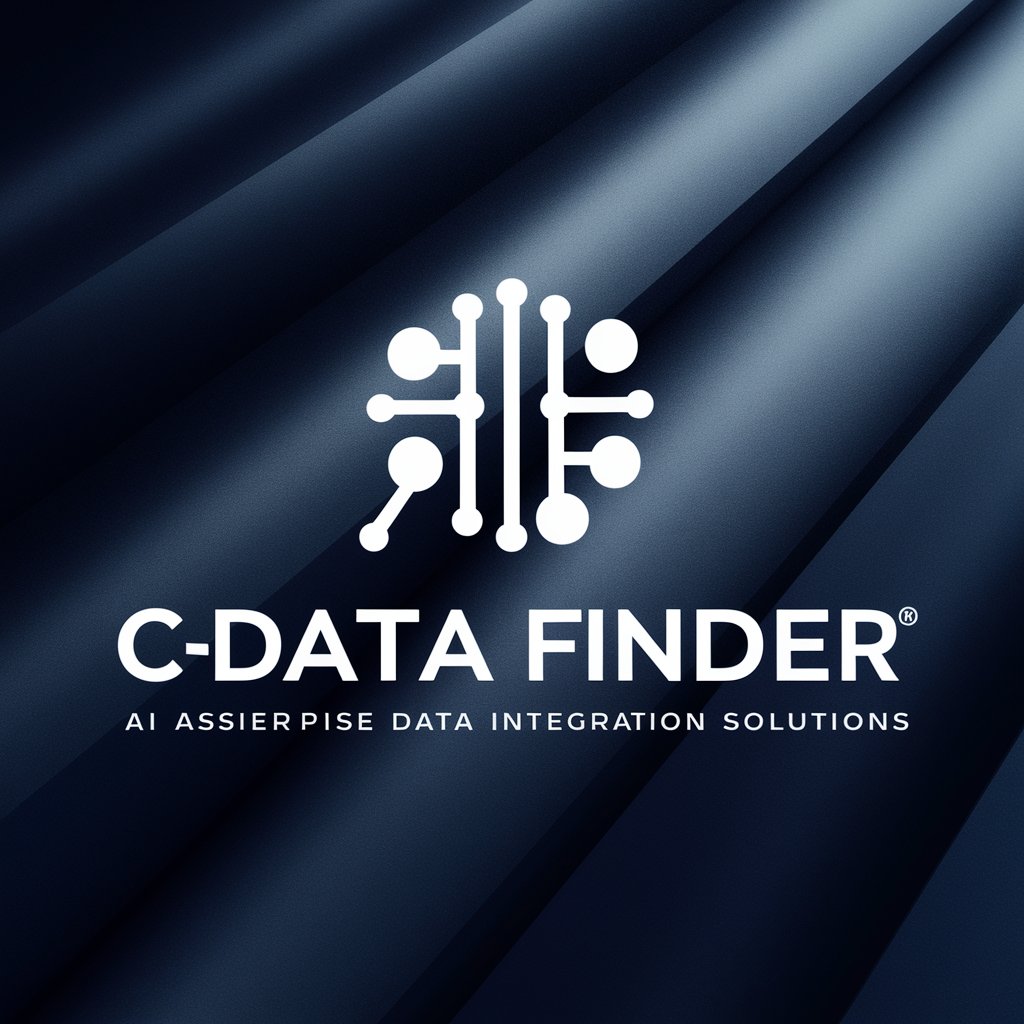
One Hour to Work
Empowering focused productivity with AI

"Dokter kulawarga"
Empowering Your Health with AI

Spiritual Advisor
Tailoring spirituality with AI precision.

Flooding
Navigate floods with AI-powered guidance

Frequently Asked Questions about BioInfo Analyst
What is BioInfo Analyst?
BioInfo Analyst is an AI-powered assistant specialized in bioinformatics, providing detailed guidance and solutions based on the Bioinformatics Workbook.
How can BioInfo Analyst assist with bioinformatics research?
It offers detailed methodologies, scripts, and best practices for bioinformatics data analysis, aiding researchers in efficiently processing and analyzing biological data.
Can BioInfo Analyst help with coding for bioinformatics?
Yes, it provides access to a variety of bioinformatics scripts and coding tutorials, helping users to apply computational techniques in their research.
Is BioInfo Analyst suitable for beginners in bioinformatics?
Absolutely, it includes foundational resources and tutorials that make it an invaluable tool for beginners looking to understand and apply bioinformatics principles.
How does BioInfo Analyst stay updated with the latest bioinformatics trends?
It draws upon the continuously updated Bioinformatics Workbook, ensuring that the guidance and solutions it provides are based on the latest research and developments in the field.
